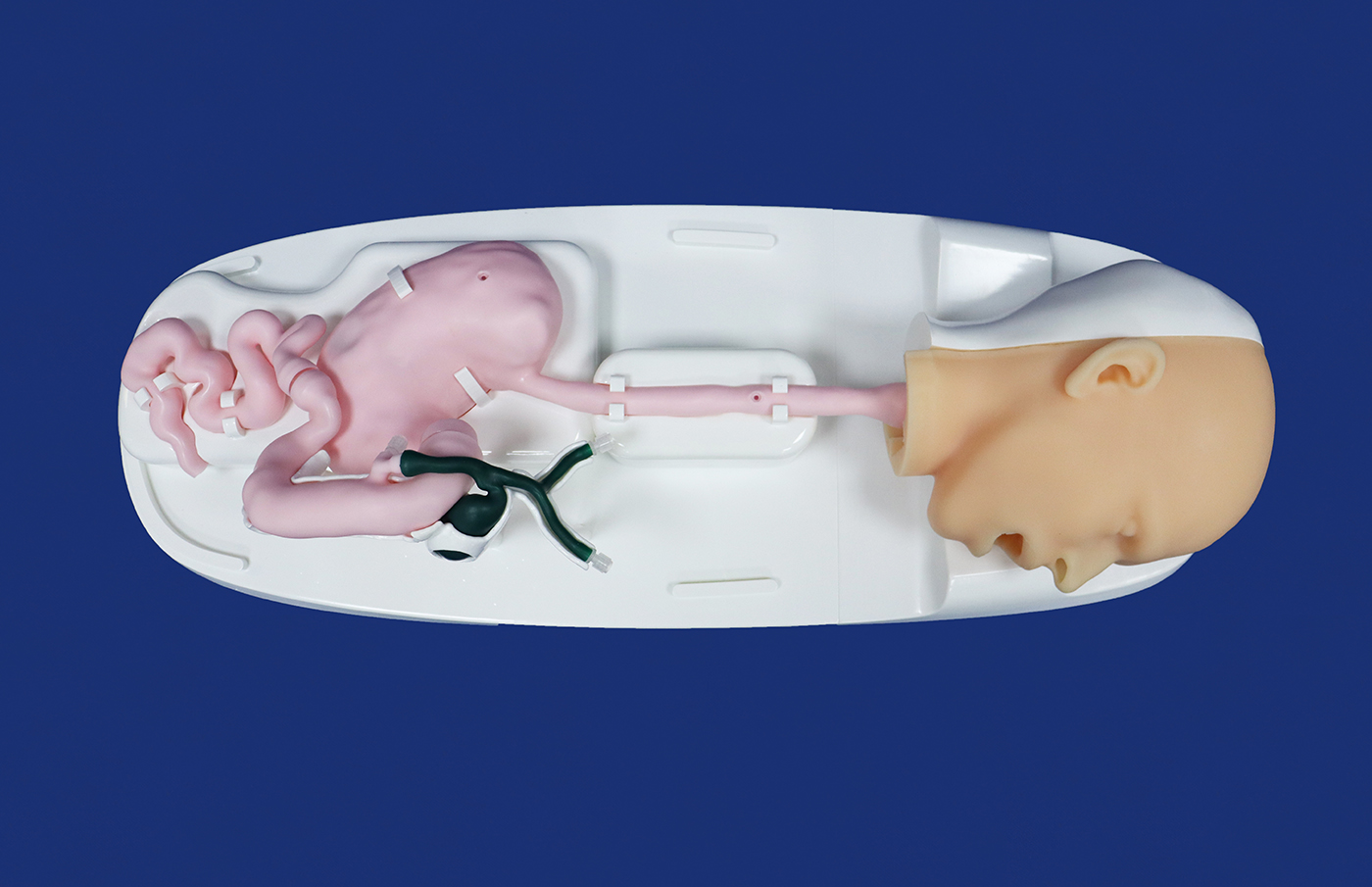Why do I need a Gastroscopy?
It has been recommended for you to have a gastroscopy to help find the cause of your symptoms. The aim of the procedure is to assess the lining of your upper intestine to see whether there are any problems and decide if further treatment is necessary.
What is a Gastroscopy?
· A gastroscopy is a procedure which allows us to assess the lining of your oesophagus (gullet), stomach and duodenum (the first part of your small bowel).
· To perform the procedure, we will gently pass a gastroscope through your mouth over the back of your tongue, and into your oesophagus.
· The gastroscope is a long flexible tube with a bright light at the end, which is about the thickness of your little finger.
What are the alternatives?
A barium meal does under x-ray is an alternative examination. It does not give us good pictures and it does not allow the specialist to take samples. What do I need to do to prepare?
Eating/drinking:
· To allow us to see clearly inside your stomach, it must be completely empty of food and fluid.
· If it is not, we may not be able to see certain areas if your stomach and we may have to repeat the test.
· You must NOT eat, chew gum or suck boiled sweets for six hours before the examination.
· You may take one or two sips of water up to two hours before the procedure.
Medication:
· Continue to take your normal medicines up to and including the day of your procedure.
· Please bring with you a list of any medications you are taking and any medication you may need to take after your procedure.
· Blood thinning medication: If you are taking blood thinning drugs, these can cause a risk of excessive bleeding when we perform your camera test or take any tissue samples. Please be aware that if we find any pathology during your test and this requires additional intervention, then you will be advised at the time of your test how best to manage your blood thinning medications. Please follow this instruction:
· Warfarin
If you are taking Warfarin, please continue to take your normal medication but please ensure that your INR level is below 3. This needs to be checked two days prior to the day of your procedure. Please don’t stop taking this unless you have been advised directly to stop.
